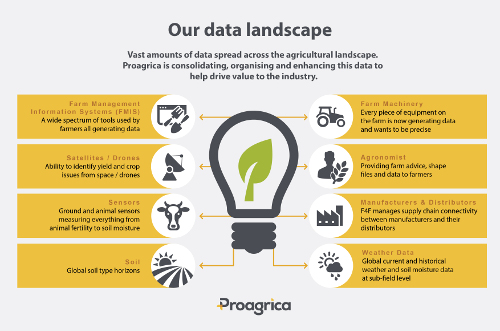Existing evidence on the impacts of parental education on child nutrition is plagued by both internal and external validity concerns. In this paper we try to address these concerns through a novel econometric analysis of 376,992 preschool children from 56 developing countries. We compare a naïve least square model to specifications that include cluster fixed effects and cohort-based educational rankings to reduce biases from omitted variables before gauging sensitivity to sub-samples and exploring potential explanations of education-nutrition linkages.
The 17 Sustainable Development Goals (SDGs) of the United Nations present a novel approach to global governance where goal-setting features as a key strategy. ‘Governance through goals’, as exemplified by the SDGs, is new and unique for a number of characteristics such as the inclusive goal-setting process, the non-binding nature of the goals, the reliance on weak institutional arrangements, and the extensive leeway that states enjoy.
Although sexual minority women (SMW) and transgender women have become increasingly visible in recent years and have made progress in achieving civil rights, they continue to face significant levels of discrimination, stigma, and physical violence. As a result, each group faces a wide variety of health disparities, including mental illness and substance use disorders. Overall, both SMW and transgender women experience higher rates of mood and anxiety disorders, suicidality, and substance use disorders than their heterosexual and cisgender counterparts.
The study presents comparative global evidence on the transformation of economic growth to poverty reduction in developing countries, with emphasis on the role of income inequality. The focus is on the period since the early-mid-1990s when growth in these countries as a group has been relatively strong, surpassing that of the advanced economies. Both regional and country-specific data are analyzed for the $1.25 and $2.50-level poverty headcount ratios using World Bank Povcalnet data.
Running is a popular and convenient leisure-time physical activity (PA) with a significant impact on longevity. In general, runners have a 25%–40% reduced risk of premature mortality and live approximately 3 years longer than non-runners. Recently, specific questions have emerged regarding the extent of the health benefits of running versus other types of PA, and perhaps more critically, whether there are diminishing returns on health and mortality outcomes with higher amounts of running.
Today, accredited zoos are not just places for entertainment, they are actively involved in research for conservation and health. During recent decades in which the challenges for biodiversity conservation and public health have escalated, zoos have made significant changes to address these difficulties. Zoos increasingly have four key areas of focus: education, recreation, conservation, and research. These key areas are important in addressing an interrelated global conservation (i.e. habitat and wildlife loss) and public health crisis.
The RELX Group Environmental Challenge is awarded to projects that provide sustainable access to safe water where it is presently at risk and/or access to improved sanitation. Projects must have clear practical applicability, address identified need, and advance related issues such as health, education, or human rights. There is a $50,000 prize for the first place entry and a $25,000 prize for the second place entry. This directly assists SDG 6.1 and 6.2 to achieve universal and equitable access to safe and affordable drinking water and access to adequate and equitable sanitation and hygiene, for all.
Media has an important role to play in tracking progress towards the SDGs. The Human Rights Around the World and In the Media News Tracker provides a valuable tracking tool to chart the SDGs and their progress across the globe. This tool provides insights that will benefit all of the SDGs and in particular the targets set for SDG 16 Peace, Justice and Strong Institutions.
Proagrica has produced a White Paper report which sets out how its technology supports evidence-based production and the impact that will have on the world’s ability to feed the world sustainably. Driven by the power of big data to drive insights at farm level, solutions such as Proagrica will significantly advance SDG 2.4 to ensure sustainable food production systems and implement resilient agricultural practices that increase productivity and production.
At the heart of Responsible Tourism are commitments to transparency and accountability. It is a process of addressing the sustainability issues which arise in a particular place and which the business can do something about, materiality matters. But it is not enough to focus only on the process, it is important to report the achievement. This blog explores reporting frameworks, rating initiatives, certification, recognition and showcases best practice.



